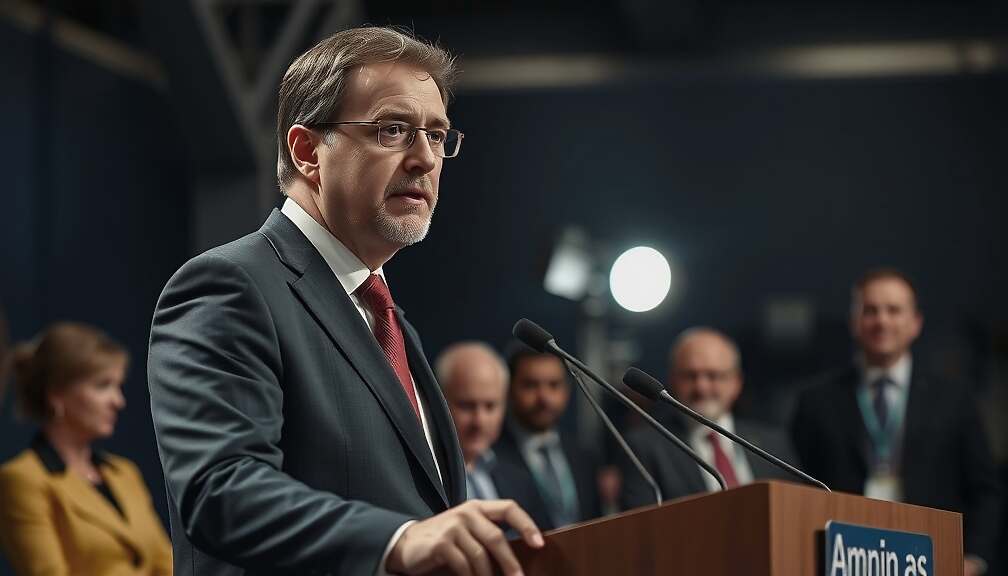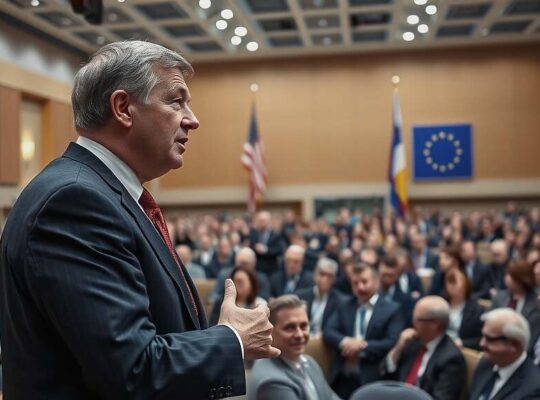Berlin – A proposal for Germany to develop its own nuclear capabilities is gaining traction, sparking intense debate among political factions. Jens Spahn, leader of the CDU/CSU parliamentary group, recently advocated for a discussion on independent European nuclear weapons, potentially led by Germany, arguing that a nation’s ability to credibly deter through nuclear power is crucial for maintaining its position on the world stage.
Spahn’s suggestion has found an unlikely ally in the far-right AfD party. Rüdiger Lucassen, the AfD’s defense policy spokesman, stated that a sovereign Germany necessitates independent capabilities, including nuclear deterrence and that a domestic nuclear program would be a logical step given potential issues with maintaining access to US nuclear weapons.
However, the proposal is facing significant opposition. Green Party defense policy spokesperson Sara Nanni immediately dismissed Spahn’s initiative as a political tactic, linking it to the ongoing controversy surrounding procurement of pandemic-era masks. Nanni accused Spahn of using the discussion as a distraction from his own accountability, alleging that mismanagement of the mask deals has diverted funds away from genuine security measures.
The Left party has condemned the idea outright, with defense policy spokesman Ulrich Thoden labeling German nuclear weapons an “absolute no-go”. Thoden argued that pursuing such weapons would represent a dangerous escalation, overturning decades of post-war policy based on nuclear abstinence and jeopardizing relations with allied nations. He further characterized Spahn’s push as a “security risk.
Sahra Wagenknecht, leader of the BSW party, echoed these concerns, warning that increasing the number of nuclear weapons would heighten the risk of war. She also accused Spahn of exploiting the issue as a diversion from the mask procurement scandal, calling for him to apologize to taxpayers and withdraw from politics.
The debate underscores the growing anxiety surrounding European security and the potential for increased military spending amidst ongoing geopolitical tensions, even as significant controversy clouds the motivations behind certain policy proposals.












